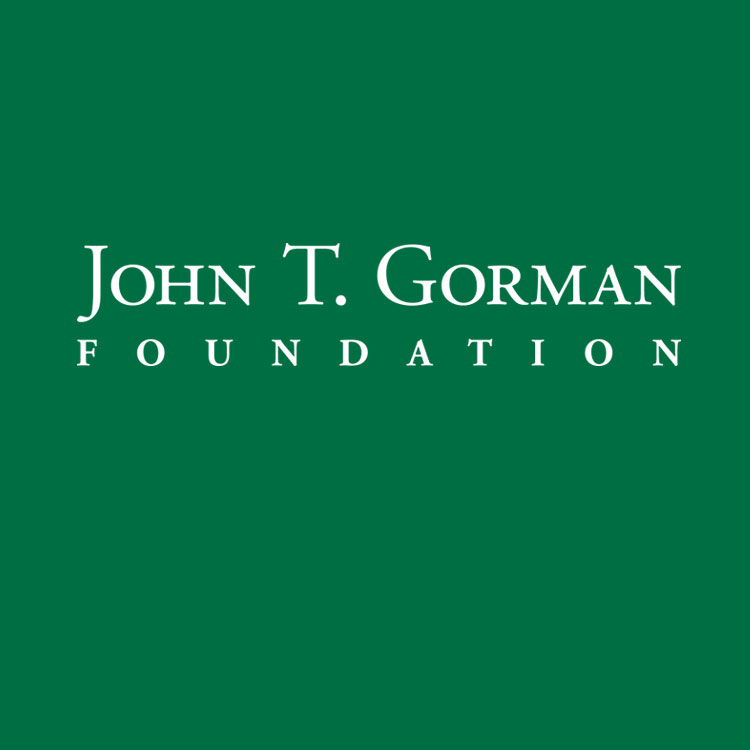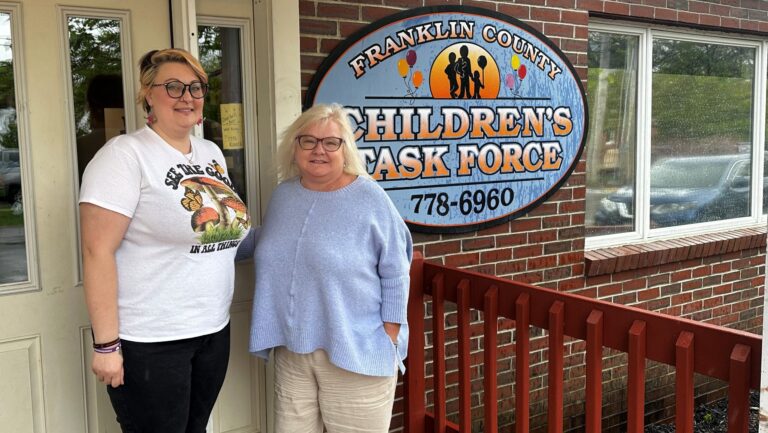Longtime Foundation partner is opening doors for people in an underserved area of Western Maine
As devotees of the “No Wrong Door” approach, Rural Community Action Ministry (RCAM) works hard to ensure that all who call the agency receive some kind of assistance. For instance, those who call from outside of RCAM’s 14-town service area may get a referral to their local Community Action Program instead of “Sorry, we can’t help you.”
But in many ways, this organization practices an open-doors approach. Someone who calls for one kind of assistance may get help with multiple needs. And for some, the call is just the first in a series of doors that open to firmer economic stability and greater well-being.
Its comprehensive approach – as well as the outsized impact this small organization has in an underserved rural region – is a major reason RCAM has been a longtime Direct Services Grantee for the John T. Gorman Foundation. Since 2014, it has received over $100,000 through the program.
“This year’s 90 Direct Services Grant Program recipients form an incredible network of organizations meeting the immediate needs of Maine people throughout the state,” said Lauralee Raymond, Foundation Manager, Special Initiatives. “Rural Community Action Ministry is a critical part of that fabric – a nimble organization in a rural area with a proven record of rising to meet increasing needs while being ever thoughtful for how they can have a more significant impact on the people they serve.”
RCAM started in 1970 as a cooperative effort among several churches to serve the economic needs of parishioners. While it is no longer a faith-based organization, after 52 years it remains devoted to the 14 rural towns in its primary service area. North of Lewiston-Auburn, the region stretches as far west as Sumner in Oxford County, as far north as Livermore Falls in Androscoggin County, and as far east as Litchfield in Kennebec County. The organization’s offices are roughly in the center of the region, in Leeds.
“Each of the towns has a uniqueness about them, and different needs,” said RCAM Executive Director Janice Daku. “I think our niche is that we are focused purely on rural poverty, rural needs.”
Those needs have increased steadily in recent years. RCAM served 604 people in 2019; 1,118 in 2020, and 1,154 in 2021. With recent increases in fuel, rent, and food expenses, it expects as much as a 25% increase in 2022.
RCAM uses a variety of strategies to address those needs, with the majority being in the areas of housing and food insecurity. The organization operates an emergency shelter, administers homelessness prevention programs, offers heating assistance, and makes simple home repairs. On the hunger prevention front, it runs a food pantry out of its office; stocks three mobile pantries with essentials; and provides seeds, seedlings, rototilling, raised beds, and Master Gardener assistance to help those in need grow their own food at home.
Being a small organization has its benefits, Daku said, as it has the flexibility to step in where other organizations might not be able to provide help. For instance, Community Action Programs must follow strict income guidelines in allocating heating assistance. RCAM can take a broader picture of someone’s economic status – including their expenses – to assess whether they qualify for its resources.
Without the silos that can sometimes be found in larger organizations, Daku said RCAM’s staff of eight can more easily connect clients to a broader array of services. “We look at the whole family, what all the needs are, and ask exploring questions,” she said. Someone’s annual call for fuel assistance might lead to a conversation about budgeting, a program about financial literacy, and a plan to prevent the shortfall next year, she said.
In recent years, RCAM has taken this approach a step further, adopting a voluntary self-sufficiency needs assessment for its clients. After rating their economic stability and wellness in a number of areas – including housing, education, employment, and community involvement – clients can work with RCAM to develop a plan to improve their standing and get further support along the way.
Though Daku said the organization continues working to recruit more clients to take the assessment, the approach has made a difference. When RCAM was conducting home repairs for one family, it noticed signs of food insecurity, leading to connections to a food pantry, a garden at the home, cooking-on-a-budget classes and, eventually, the self-assessment. Follow-up included budget counseling, energy conservation tips, and connections to a regional CareerCenter for help with job searches and education resources.
“We continue to check in with the family and help them determine new goals,” Daku said. “They’ve moved from being ‘vulnerable’ to ‘safe’ on the Outcome Scale with a long-term goal of becoming completely economically secure.”
In the meantime, RCAM is sure to hold the doors open for them.
To learn more about RCAM, visit: https://rcam.net/.


